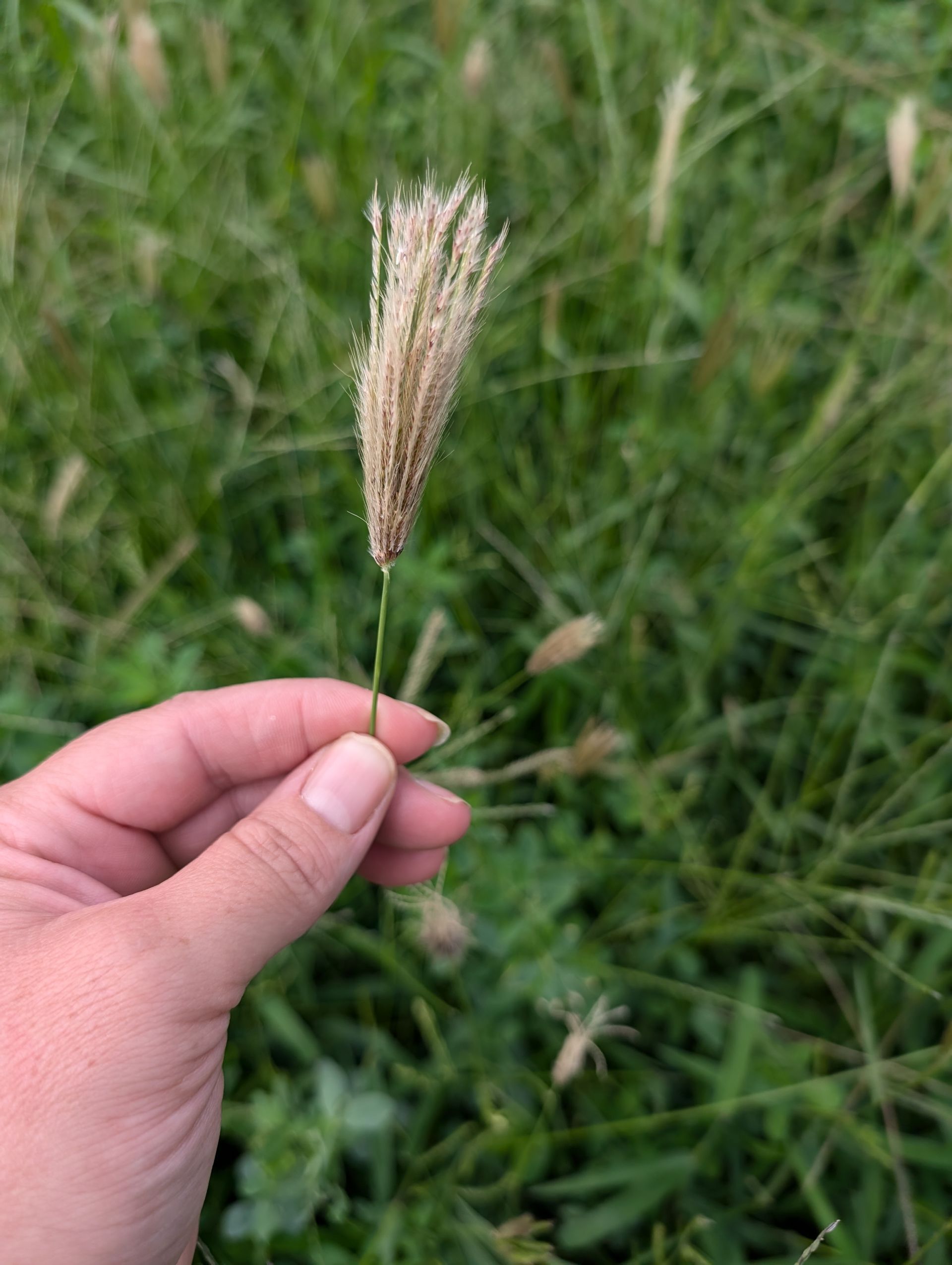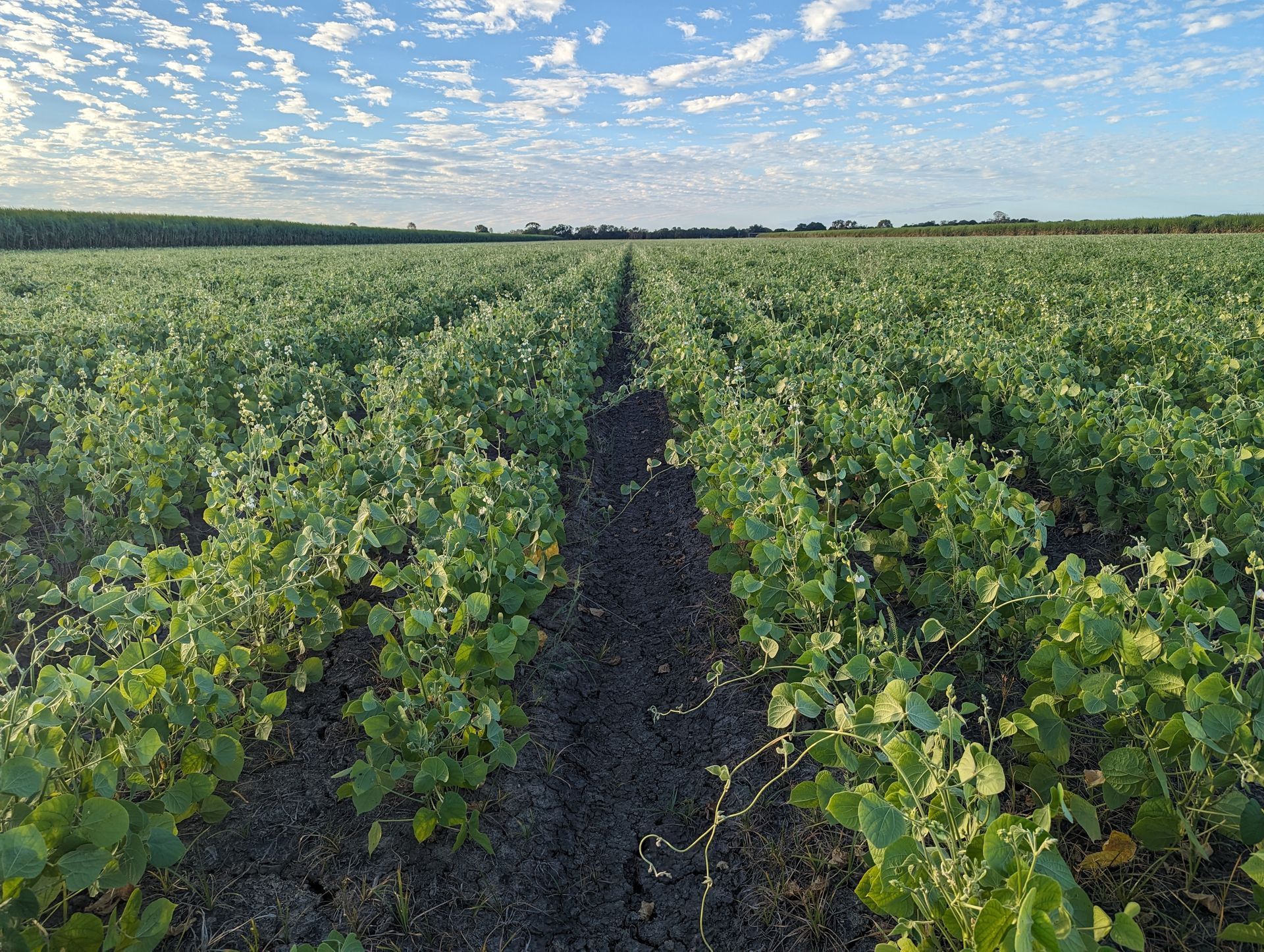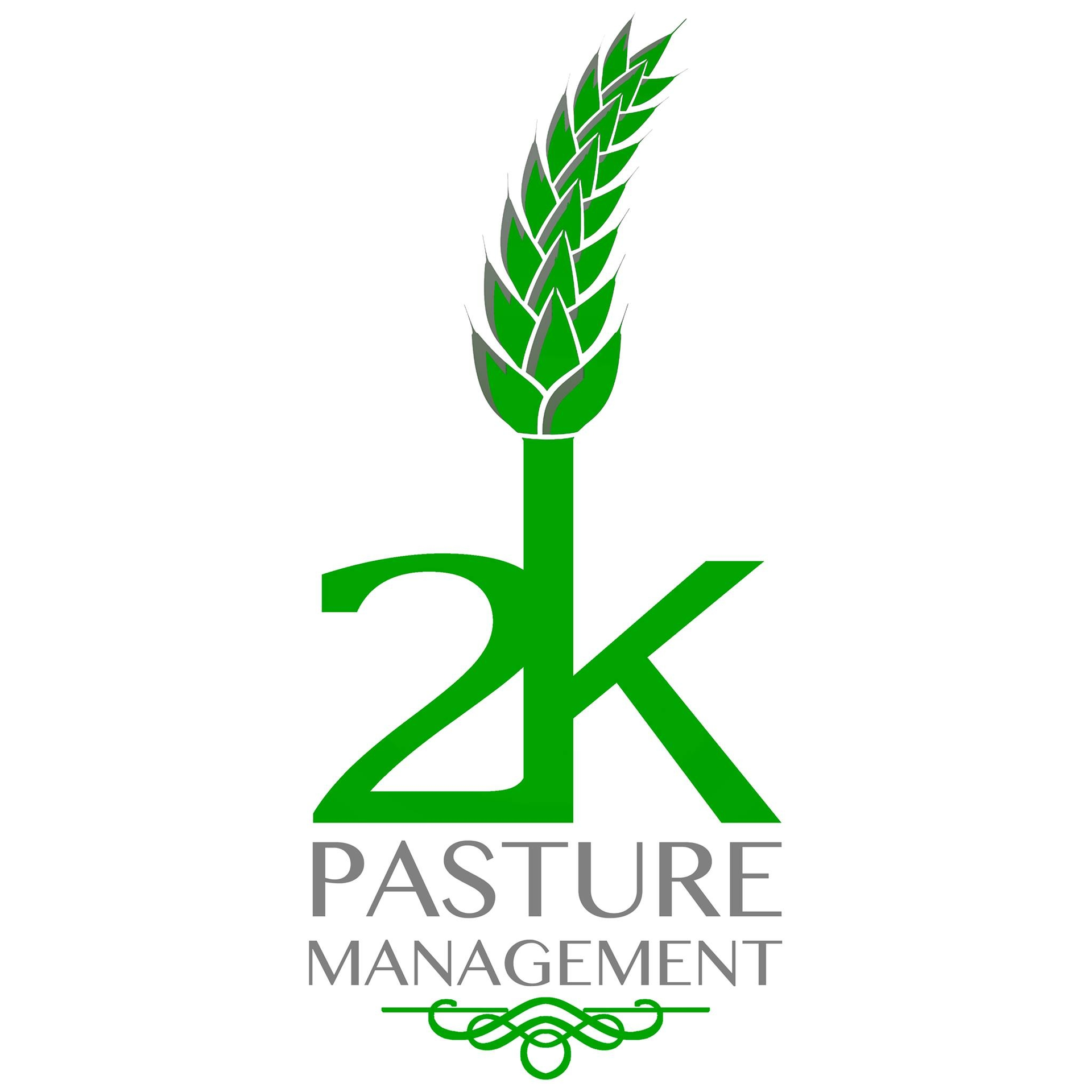Research & Development Lockyer Valley
- Locally Owned & Trusted
- Eco-Friendly Research and Development
- Tailored to Your Land
Request a Call Back
Thank you for contacting 2K Pasture Management and Consulting.
We will get back to you as soon as possible.
Oops, there was an error sending your message.
Please try again later.
Lockyer Valley Weed Management
At 2K Pasture Management & Consulting, we lead industry-focussed research into woody weed control, noxious weed control, best management practices for vegetation management in the silviculture industry and integrated management strategies for efficient and long-term weed control. We work with multiple stakeholders across pasture and grazing industry and the silviculture industry to deliver high-quality results to develop innovative, cost-effective strategies for weed and vegetation management. Dr Kylie Grant has over 15 years’ experience in R & D.
Here’s what we offer at 2K Pasture Management & Consulting:
- Full-service research (trial site selection, trial design, treatment application, data collection and data analysis)
- Extension of research results
- Industry research collaboration
Call Kylie on
0438 568 566 to collaborate.
Get Sustainable Results Now
Field-Tested Land Care Strategies
Sustainable land care depends on finding what actually works in your environment. That’s why we test and refine different land management practices—like weed treatment timing, erosion control, pasture regeneration, and nutrient cycling.
Our goal is to reduce environmental impact while improving long-term productivity, resilience, and outcomes across a range of land conditions.
Our Trials Focus on Solutions That Offer Real, Measurable Benefits:
- Low-Impact, Tested Techniques
- Smarter Weed Control Options
- Solutions Tailored to Real Land Use
Whether it's in crop, in field or in lab, Dr Kylie Grant can help create a research solution that works best for you.
Frequently Asked Questions
Why Are Research and Development Important in Land Management?
Research and development play a key role in creating land care methods that are practical and sustainable. Research tests approaches like weed control timing or pasture recovery, while development focuses on improving those techniques over time. This process leads to more reliable, efficient outcomes tailored to local land conditions—reducing risk and improving long-term land health.
What Are Some Examples of Sustainable Land Practices?
Common sustainable practices include using native vegetation for erosion control, rotating pasture to reduce overgrazing, and applying organic material to improve soil health. Some strategies involve low-chemical weed control or using trial-proven planting methods. These techniques aim to protect land over time while still supporting farming or residential use.
Who Benefits From Sustainable Land Management Research?
Landowners, councils, and the environment all benefit. For landowners, it leads to healthier soil, fewer weeds, and better long-term outcomes. Councils can use research-backed strategies for safer land planning and environmental protection. The broader benefit is to the environment, through improved biodiversity and more balanced land use across the region.





